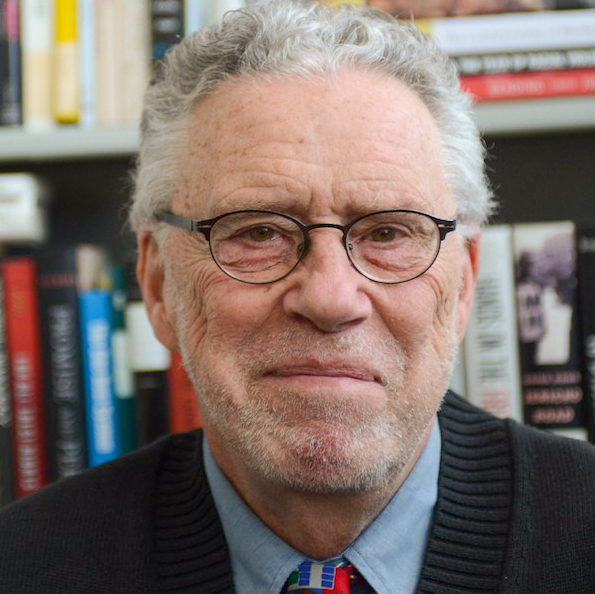Robert Forrant, PhD
Fugitive Slave Laws and Sanctuary Cities: What Does Lowell’s Pre-Civil War History Tell Us?
Without cotton from the slave-holding South there’d be no Lowell mills. On the eve of the Civil War, its mills consumed 405 tons of cotton a week. Women mill workers and other women formed a female anti-slavery society in the 1830s. Lowell’s Sarah Bagley, editor of the Voice of Industry, wrote that the paper stood for “the abolition of Mental, Moral and Physical Servitude, in all their complicated forms.” Abolitionists William Lloyd Garrison and Frederick Douglass spoke in Lowell numerous times.
The city’s anti-slavery advocates counseled people to disobey the Fugitive Slave Law while its churches offered sanctuary. After the Law’s passage, several fugitives fled Lowell to Canada. An October 1850 article in the Lowell Advertiser reported on a meeting held to discuss this situation. Pledges to defy the federal government rang out. “No complicity with slavery!” became a rallying cry.

Robert Forrant, PhD, is a professor in the History Department at the University of Massachusetts Lowell (uml.edu), teaching courses on global labor issues, labor history, immigration, and international development. He is director’s of the department’s graduate program. He has been a consultant to the United Nations Industrial Development Organization, the International Labour Organization, the Organization for Economic Cooperation and Development, the International Metalworkers Federation, and several trade unions. His research activities have been funded by, among others: the International Metalworkers Federation, the International Labour Organization, the International Association of Machinists and Aerospace Workers, the Organization for Economic Cooperation and Development, the Russell Sage Foundation, the United States Department of Housing and Urban Development, the Commonwealth of Massachusetts and the cities of Lowell and Leominister, Massachusetts.
